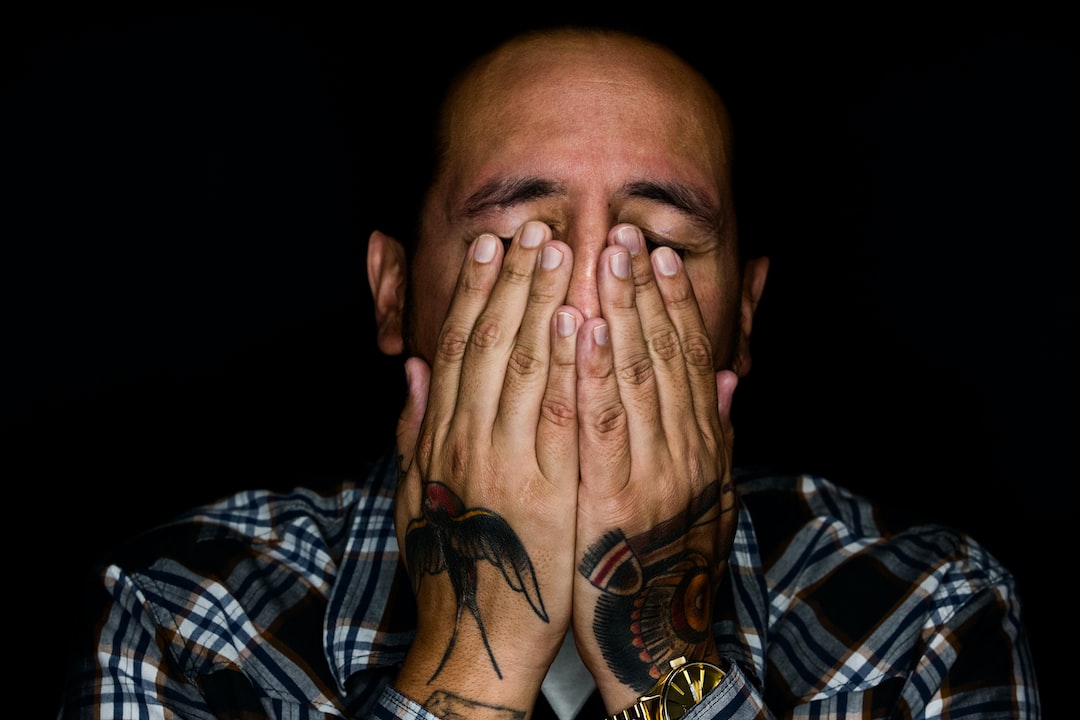![]()
Why Fixing People is a Waste of Time
We’re all taught to be kind and help others. It makes us feel good. It is a way to contribute to society, so why is fixing people a bad thing?
The answer lies in the line between helping and fixing. We help people we see as equals who want assistance with a problem. We fix people whom we see as beneath us and are defective in some way.
Can you see the ocean of difference between the two?
Why This Fails
The target of your assistance may not agree that your solution is the way that they want to go, so they don’t listen or follow through.Even if you do actually help, the person hasn’t learned how to do things for themselves, so it’s not sustainable.Your values may not be their values. For example, if pressure your friend to protest against X with you and she doesn’t agree, even if she attends the protest, you won’t have changed the way she thinks about the topic because you have different values.Quite often the person you want to help isn’t motivated to change. They don’t see the problem the way you do.We can feel the power difference in someone who looks down on us. It doesn’t feel good for most of us to be in this position. We feel judged, so we resist it. OR, we accept the help and then feel resentful for it. When the helper doesn’t create the change that they desire, they can get frustrated and feel unappreciated. 
Here’s what to do instead
Fixing People is a Lose/Lose Proposition
![]()
Make the shift
Help only when askedAccept things as they areAdvise only if askedExamine your need to rescueListenWork alongside them. Don’t do it for them.SupportHeal your relationship by seeing them as an equal
Most people want to fix things because they care.
Keep your loving caring nature, and learn to share it in a way that creates healthy, meaningful, authentic relationships for both sides. After all, isn’t that your driving motivation anyway?
